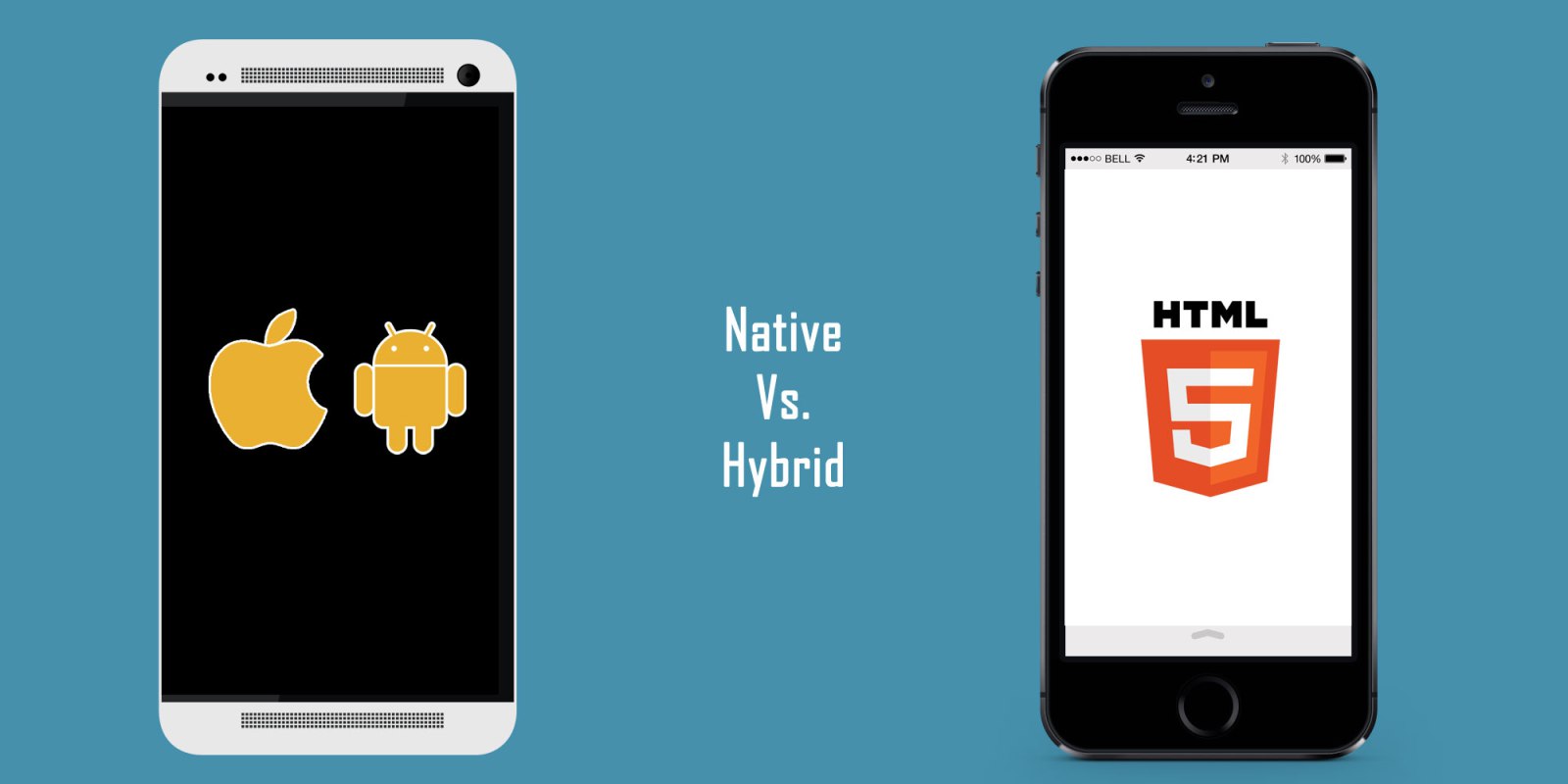At some point in your career as a mobile developer, you might be asked what do you prefer, building a native or a hybrid mobile app. Below, I summarized the pros and cons of each approach and where each one can be used.
Native
- Native UI allows users to quickly learn the apps
- Used OS specific programming languages, such as Swift, Objective-C and Java.
- Access to all device hardware, such as Touch ID, GPS, location, camera, gestures … etc
- Provides a better user experience since the user is familiar with the UI and advanced graphics
- Speed and performance, native apps are faster than hybrid apps
- Best in Security, use native frameworks to provide security
- Can be designed to work offline for certain features
- Long term code support
- Easy to maintain and make updates using native code.
- Higher investment at the beginning, but will pay off on the long run.
- Can built whatever the customer wants without limits
- Best for long-term lasting apps, such as Banking, Social, and ecommerce apps
- No Code reuse across different mobile platforms.
- Great for large data processing
- Native performance for Maps, GPS and location Services.
- Content update requires pushing a new app version to the app stores.
Hybrid
- Portability; one code base for iOS, Android and other platforms
- Used standard web programming languages, such as HTML5, CSS, and JavaScript.
- Access to device hardware is limited, usually using external libraries and plugins
- Provide basic user experience, but customizable. But it could be different than the native OS UI
- Security provided using web standards, libraries, and plugins Vs. the Native frameworks.
- Easy to make changes to the app without pushing updates to the stores.
- Sharable one code base for all platforms and devices, with few modifications.
- Hard to build highly customized app, limited by the framework features and plugins.
- Speed is slower than native apps
- Hard to create an offline app experience, the hybrid most of the time has to stay online.
- Not preferred by end-customers due to the bad user experience and performance.
- Save time and money in the short term, but adds additional costs in the long run
- Great approach for short-term apps, such as event-based apps (ex. Olympics)
- Slower performance for Maps, GPS and location Services.
- Content update can be done without updating the app on the app stores.
In general, using the native approach is better, but sometimes you have to go the hybrid approach based on different factors, such as the available resources you have at your company and their knowledge, the customer’s time frame and budget, and whether the app will be used long or short term.
In the list above, I gave the Olympics as a great example of an app that can be done as a Hybrid app. For example, it will be only used for a short period of time, mostly for displaying content, it will require frequent content updates such as scores/results, game schedules, locations … etc. Such apps are best if they are designed and implemented as Hybrid, instead of using multiple resources to build 2 native apps, iOS and Android, you can use the same resource to build both app, and deploy them to their stores using the same code base.
That being said, a lot of the Hybrid frameworks are getting better and better by time. Such as Ionic, PhoneGap, Cordova, and Xamrin. But there are still some hardware limitations that prevent those frameworks from access some device specific features, or provide the look and feel of the native apps.
This is solely my opinion, let me know if you have a different point of view on this topic by leaving a comment in the box below. Thanks!
